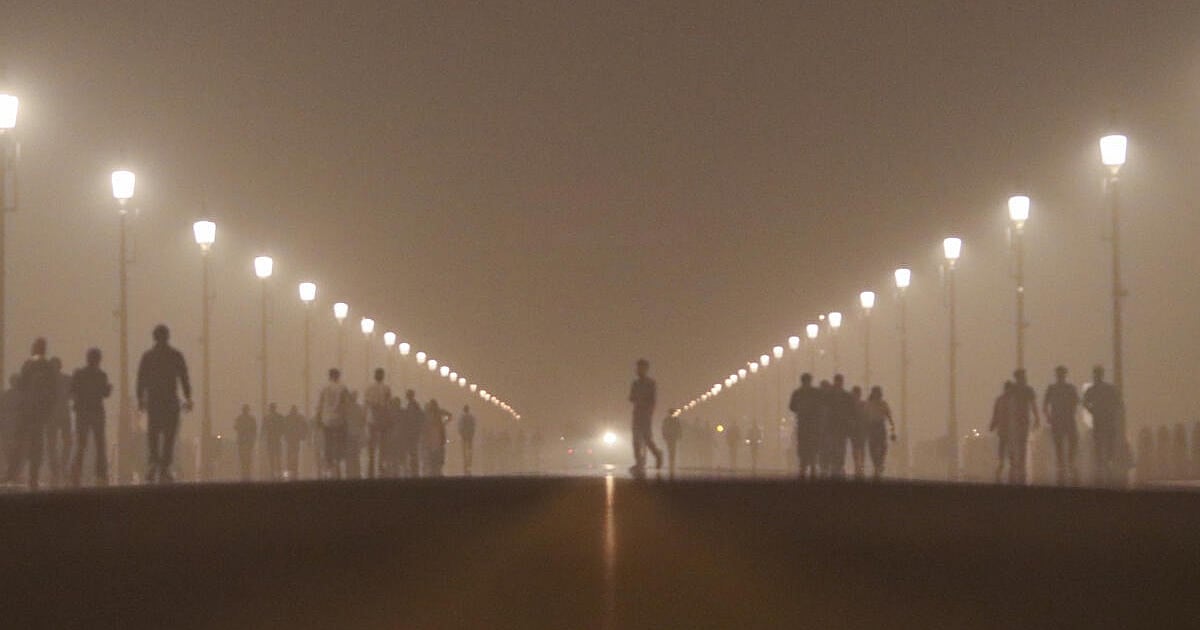 |
|
The Supreme Court of India has issued a significant directive regarding the implementation of the Graded Response Action Plan (GRAP) in Delhi and the National Capital Region (NCR). The court's order mandates the continuation of GRAP's Stage 4 restrictions, even if the Air Quality Index (AQI) falls below the 450 mark. This decision underscores the court's commitment to addressing the persistent problem of air pollution in the region, prioritizing public health over solely relying on AQI readings as the sole determinant of implementing pollution control measures. The court's ruling signals a shift from a purely reactive approach to a proactive and preventative strategy in managing air pollution. This proactive stance is crucial because even AQI levels below 450 can still pose significant health risks, especially for vulnerable populations such as children, the elderly, and individuals with pre-existing respiratory conditions. The sustained implementation of GRAP's stringent measures aims to mitigate long-term health consequences and protect public well-being.
The court's directive places a strong emphasis on enforcement. The Delhi-NCR states have been explicitly instructed to immediately establish dedicated teams tasked with the strict implementation of anti-air pollution restrictions. These restrictions encompass a wide range of measures, including, critically, the temporary suspension of physical classes for students up to the 12th grade. This measure recognizes the vulnerability of children to air pollution and the importance of safeguarding their health. The court's order clearly highlights the urgency of the situation and the need for decisive action from the state governments. The effectiveness of the anti-pollution measures will hinge heavily on the robust enforcement mechanisms put in place by these state governments. Failure to implement the court's order effectively could result in further legal action and potentially undermine public trust in the government's ability to tackle the air pollution crisis.
The Supreme Court's decision to maintain GRAP 4 restrictions, regardless of AQI fluctuations, represents a significant legal precedent in environmental law. It emphasizes the judicial branch's role in safeguarding public health and the environment. This proactive stance contrasts with previous approaches that often relied solely on AQI levels as triggers for pollution control measures. The court’s emphasis on proactive enforcement underscores the recognition that reactive measures alone are insufficient to combat the chronic and complex issue of air pollution. This decision could potentially influence other regions grappling with similar environmental challenges and serve as a model for integrating proactive environmental protection strategies within legal frameworks. The implications of this decision extend beyond immediate air quality improvement, touching upon broader aspects of public health policy, environmental governance, and the judicial oversight of environmental regulations. The sustained commitment from all stakeholders, including government agencies, local authorities, and the public, is essential for the successful implementation of these stringent measures and long-term improvement of Delhi's air quality.
The order also highlights the interlinked nature of environmental issues and public health. By mandating the closure of schools, the court directly addresses the health impact of air pollution on vulnerable populations. This integrated approach emphasizes the need to consider the cumulative effects of pollution on various segments of society. The court’s decision underscores the crucial role of judicial intervention in environmental protection and underscores its commitment to safeguarding public health and the environment. Moving forward, the success of these measures will depend on consistent monitoring, robust enforcement, and collaboration between different governmental agencies and local authorities. The court's decision sets a precedent for proactive environmental governance, demanding a shift from reactive responses to proactive prevention strategies in managing environmental challenges. The effectiveness of this approach will be a key factor in assessing the long-term success of pollution control efforts in the Delhi-NCR region.
Source: Delhi pollution: Supreme Court directs to implement GRAP even if AQI drops below 450
